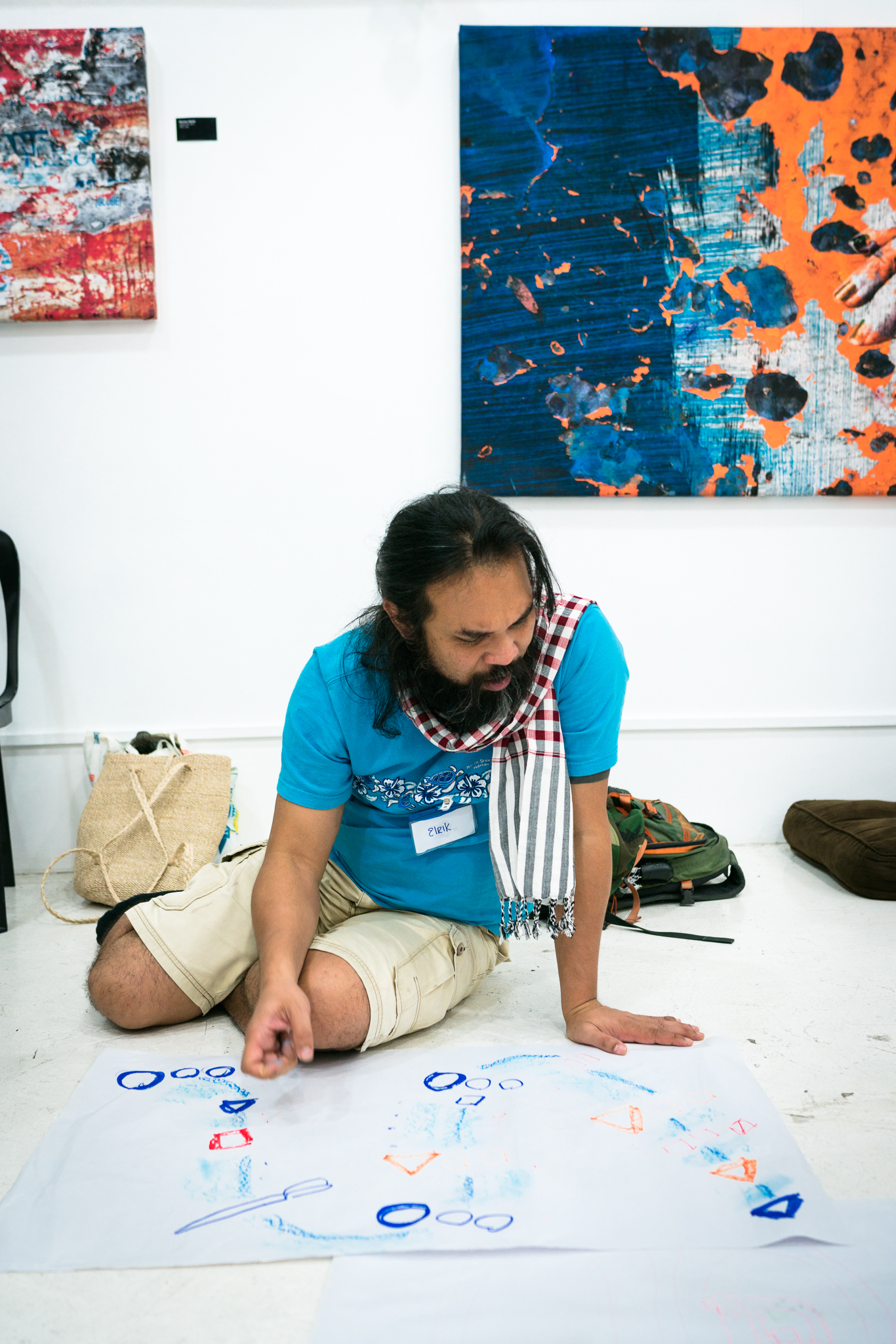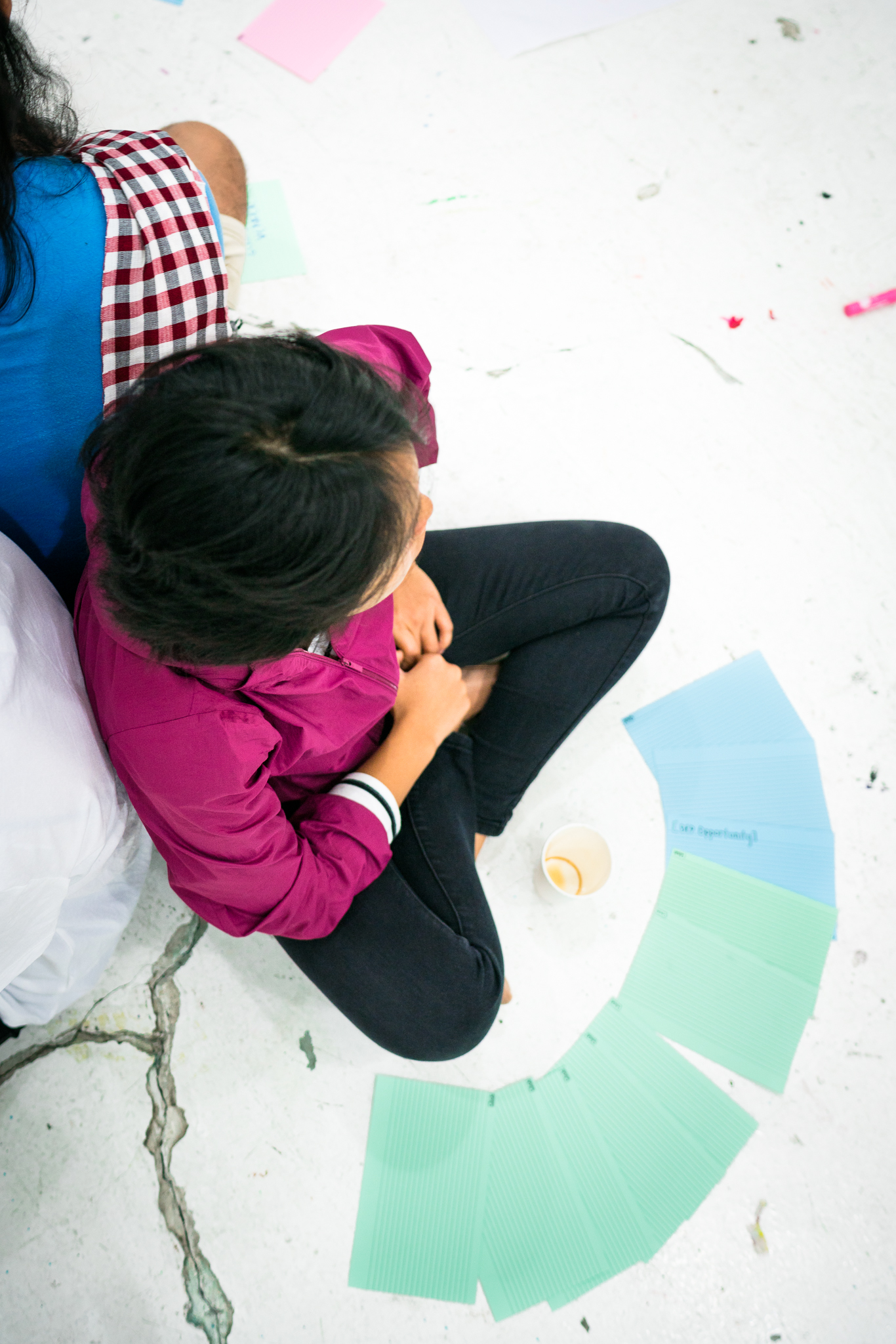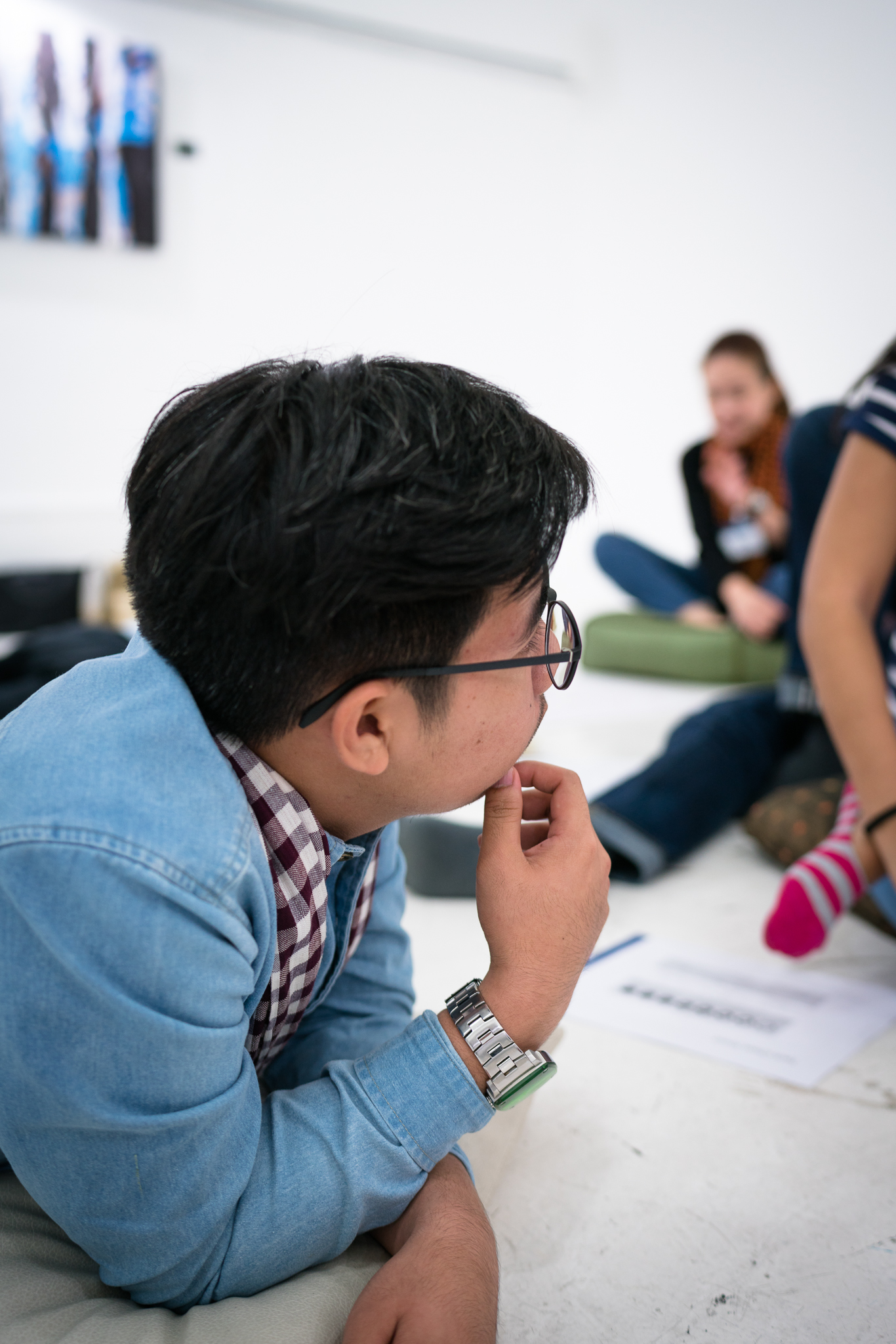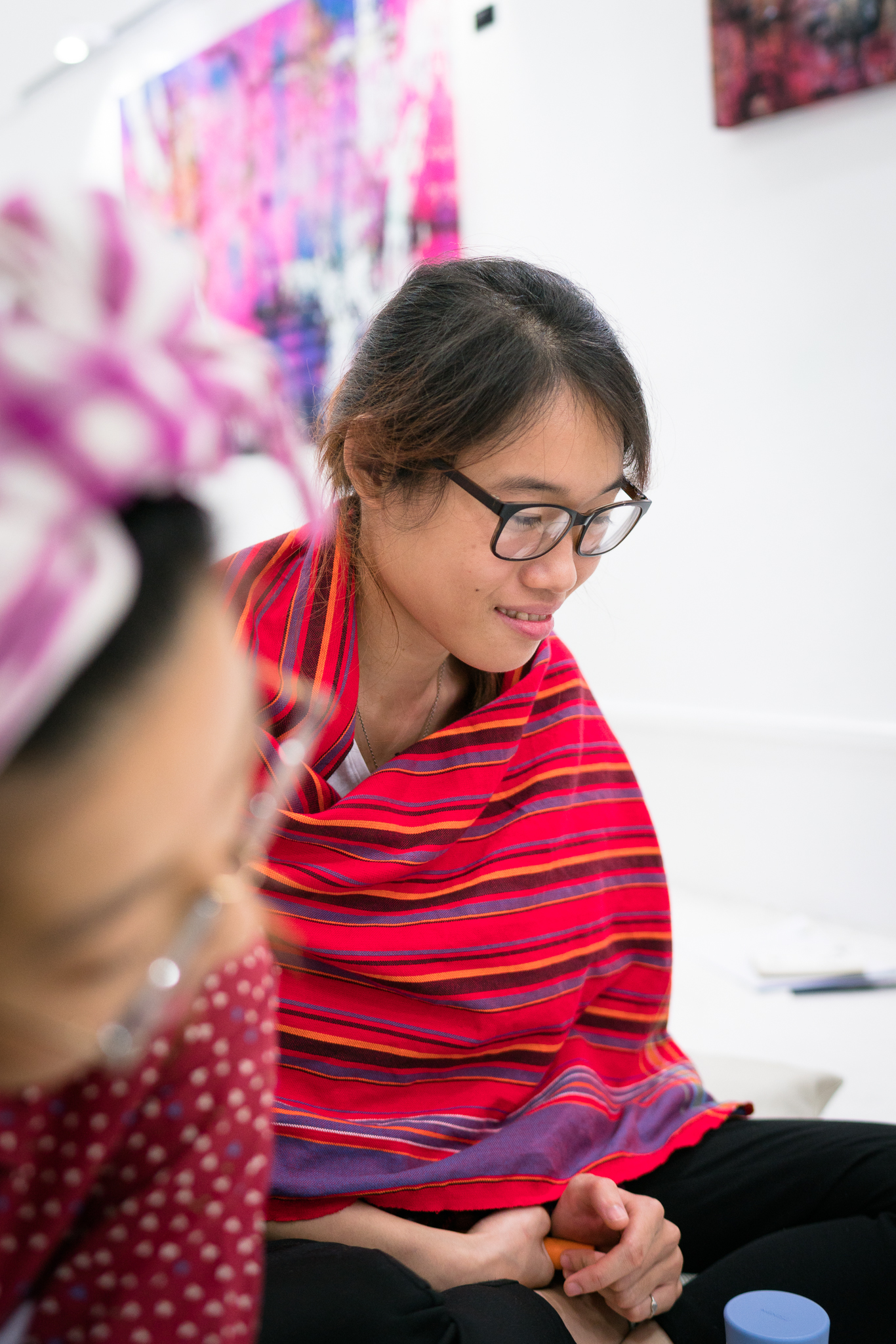Words by Jem Panganiban, REMIX Manila Dec 1-3, 2017
For many of the people I know, myself included, the challenge of waiting, and pausing, and going slow is tangible. First, because “slow” is the language of an exhausted city. Saying “go slow” may invoke feelings of disgust, anxiety, and exasperation. Slow traffic. Slow bureaucracy. Slow decay. Slow is also the language of income poverty, especially when the economy is designed so that time equals money. Just listen to her, a person in the workforce paid by the hour who has to travel 3 hours for 15 kilometers every paid working day.
Second, this slowness allowed for a desire for the quick and the fast to thrive. It is easier—and maybe even liberating— to be able to jump to the next thing. Go to the next place with ease. The next thing we have to do, the next job, the next meme and next tweet, the next trend, the next thing I want to say. Too many “nexts” in life— and I imagine they are all of good reasons of entertainment, belonging, and maybe for some, even survival.
“REMIX affirms my belief that we can train ourselves to be more aware of the world around us and to listen from a place of empathy.”
Then comes REMIX in busy Manila, inviting us to experience going slow, using documentary filmmaking to channel this experience. The facilitators said many things, but allow me to share my reflection on one of the things discussed at the workshop.
At REMIX Manila, they talked about the “ten seconds rule.” They said we should stay at the scene, film or record it for at least 10 seconds. This will give us enough raw material we can edit later and will help us avoid the heartbreaking choice of discarding that favorite shot because it’s too short to make it to the rough cut.
Weeks after the workshop I now look at this rule as a lesson about going slow. It is an invitation to linger in that thing or moment that sparked my interest. To give myself time to notice what is happening, and to give that moment a chance to unfold. For me, the lesson of “pausing” became about remembering that it matters the amount of time we give ourselves to notice the things around us.
“And one thing I realized from joining REMIX Manila is that the act of filming is an act of noticing the many moments in life that pass by unnoticed.”
REMIX affirms my belief that we can train ourselves to be more aware of the world around us and to listen from a place of empathy. Waiting and filming for ten seconds at a time builds tolerance for what is possible. What could the person in front of the camera might do or say? How might the things happening in the background affect the scene you are capturing in your frame within that ten seconds? How will this particular 10-second shot relate with the other 10-second shots we’ve taken? All these questions were asked to make ten seconds matter—and ten seconds matter because it provides structure and time for the story to emerge.
Documentary filmmaking as the medium of the slow experience resonated with me. It is like engaging with life as other people have lived it. And one thing I realized from joining REMIX Manila is that the act of filming is an act of noticing the many moments in life that pass by unnoticed. And there are many ways to refine this skill of noticing— critical thinking, empathic listening, compassionate communication, mindfulness and meditation, and technical film production among others.
Storytelling is a competency. The experience in REMIX Manila left in me a resolve to develop competence in taking responsibility for the stories shared with me. The workshop left me with questions that help me continue and move forward in learning about storytelling. How do I retell the story of a person in a dignifying manner? How do I retell a story of a person who might be living at the margins of society? How do I embrace stories of people skillfully and with respect in this world where they’ve been used as polarizing weapons of culture, politics and economy? How can I make ten seconds count?







